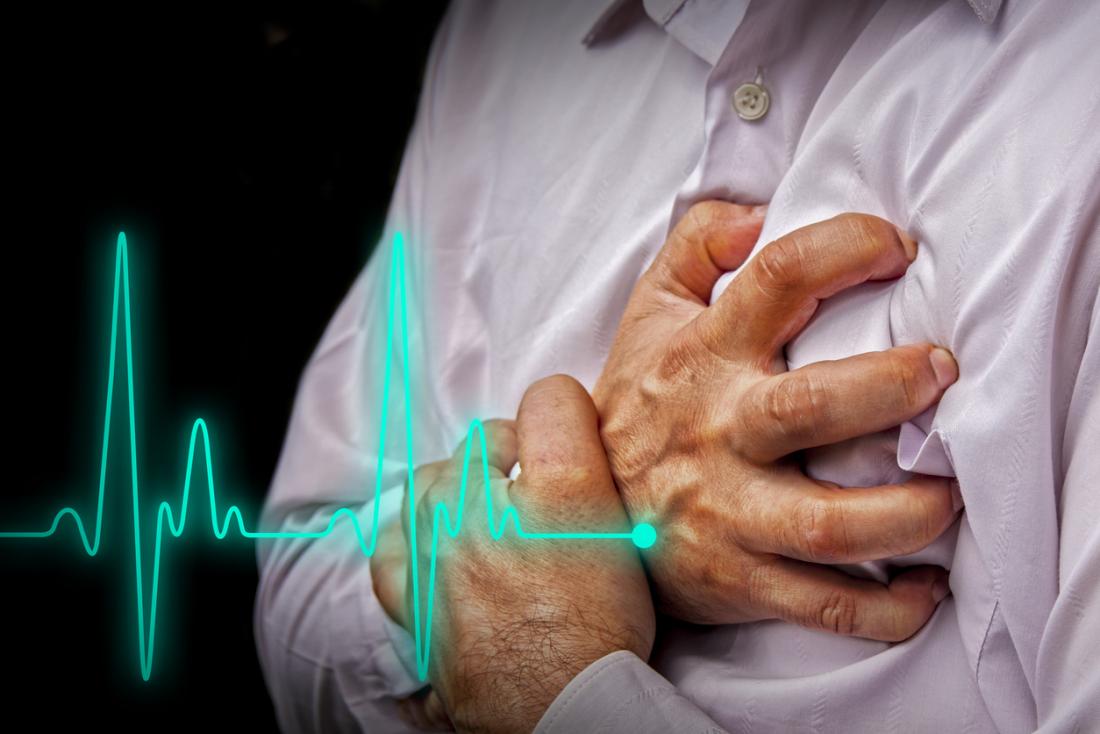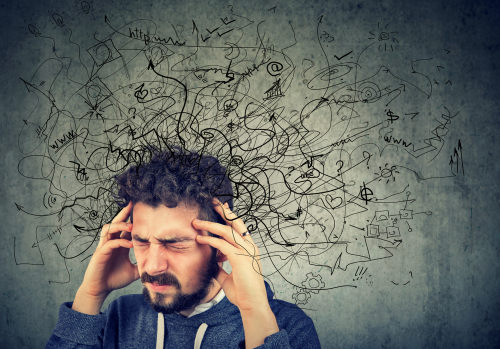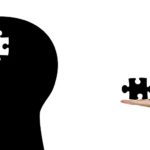Everybody experiences anxiety every once in a while. This is all too common especially in this day and age. It is normal for people to feel anxious before the start of a competition, a game, or a stage presentation. However, when you have chronic anxiety, it can significantly affect the body and interfere with your way of life.
Most people know about the psychological effects, but not everyone is aware of what anxiety does to the body in the long term.
Anxiety Disorder
Studies have shown that anxiety manifests in people who are mostly middle aged, and that women have it more than men do. Chronic anxiety or anxiety disorder is the excessive worrying about anything and everything. Open Sky Psychology states that a person’s anxiety disorder may be triggered by stressful life experiences. It may also be triggered by substance abuse or a serious medical condition.
There are several types of anxiety disorders and in order to understand and treat the symptoms, your psychiatrist must determine what type of disorder you have. Anxiety disorder is often taken for granted by many people mainly because it is not fatal. However, when symptoms are left untreated, it could have a great impact on your body.
Here are some of the physiological effects of anxiety that you probably didn’t know about:
- Cardiovascular system

The cardiovascular system is made up of the heart, blood vessels and the blood. Anxiety can play a major role in heart disease if left untreated. When you are anxious, your body reacts in different ways and that puts a strain on the heart. Here are some of the effects of anxiety attacks on your cardiovascular system:
- When you have an anxiety attack, your heart rate becomes faster that interferes with the heart function and increases the risk of cardiac arrest.
- You will experience palpitations as well as chest pains
- If you have an existing heart condition, anxiety could make things worse and could possibly trigger a heart attack. You need to keep your blood pressure at a normal level to avoid this coronary event
- Central nervous system

The central nervous system comprises of the brain and spinal cord which control the body’s activities including the lungs and the heart. Constant anxiety attacks trigger the brain to release stress hormones regularly such as cortisol and adrenaline. When this happens too often, here are some of the things that could happen to your body as a result:
- feel dizzy
- have headaches
- could possibly develop depression if untreated
Anxiety triggers a lot of reactions from the body and that includes the immune system. When you have attacks more often than usual, the body releases more adrenaline. Adrenaline increases the body’s breathing rate as well as the pulse rate. When the body does not return to its normal function, the immune system is weakened and you become more susceptible to infections and diseases.
- Digestive systems

The digestive systems are also affected by severe anxiety attacks. You may experience nausea which results to diarrhea. You may also experience loss of appetite. The digestive system is more often than not affected by emotions such as fear, anger, distress, sadness, and elation. Surely, you have experienced nervousness before a meeting, interview, or a presentation which made you feel like vomiting.
Anxiety, when not treated, affects the contractions and movement of this system which can result to inflammation and becoming susceptible to infection.
- Respiratory system

The respiratory system is comprised of the lungs, the airway, and the muscles responsible for respiration. If a person has chronic pulmonary disease, having anxiety could be deadly to him and will need to be taken to the hospital for further treatment. Studies have also shown that there is a prevalence of anxiety and depression in asthma patients.
Patients with anxiety and depression showed more symptoms such as wheezing and breathlessness even when at rest. It was concluded that there is a strong association between a person’s psychological status and his respiratory symptoms.
- General effects of anxiety

You should recognize when you are having an attack so you can get immediate help or you can keep yourself safe and away from harm especially when you are driving. Below are the symptoms of an attack:
- Feeling fearful and tense
- Restlessness
- Shaking
- Sweating
- Dizziness
- Rapid heart rate
- Fast and shallow breathing which leads to hyperventilation
- Nauseous
- Chest pain
Conclusion
You may not realize the impact of anxiety in your life in the beginning, but it will eventually affect your quality of life significantly. You should look after your well-being not only for yourself but also for your family. See a psychiatrist if you suspect that you have this disorder so that it doesn’t affect your body negatively in the long run.











